Research Research Highlights
Research Highlights
Research Highlights
Research Highlights
Research Highlights 미리보기
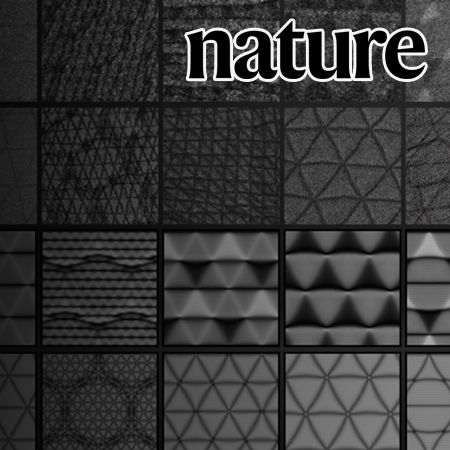
Professor Hyobin Yoo’s Research Team at SNU Develops 2D Quantum Material Platform Using Moiré Lattice Superposition
Prof. Hyobin Yoo
Seoul National University College of Engineering has announced that a joint research team led by Professor Hyobin Yoo from the Department of Materials Science and Engineering, in collaboration with Professor Young-Woo Son (Korea Institute for Advanced Study) and Professor Changwon Park (Ewha Womans University), has successfully developed a two-dimensional (2D) quantum material platform through the superposition of moiré lattices.
Research Highlights Board

Contributing factors to the length of stay and discharge destination of home health care patients: 10-year electronic health record analysis using the Donabedian model
Prof. Kyungmi Woo
A research team led by Professor Kyung Mi Woo of the College of Nursing has provided new insights into patient discharge from hospital to home and the utilization of home care services, presenting evidence to reduce unnecessary readmissions and ensure more effective and efficient home care operations.

Distant origin of glioblastoma recurrence: neural stem cells in the subventricular zone serve as a source of tumor reconstruction after primary resection
Prof. Joo Ho Lee
A research team led by Professor Joo Ho Lee of the College of Medicine has identified the interaction between the surgical site and neural stem cells, and elucidated a mechanism capable of blocking this process.

Structural diversity of mitochondria in the neuromuscular system across development revealed by 3D electron microscopy
Prof. Junho Lee
A research team led by Professor Jun Ho Lee of the Department of Biological Sciences has outlined a new research direction to investigate how changes in mitochondrial structure could be connected to neurodegenerative diseases and aging.
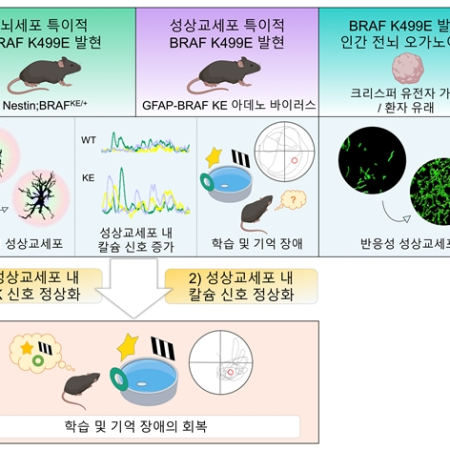
Aberrant ERK signaling in astrocytes impairs learning and memory in RASopathy-associated BRAF mutant mouse models
Prof. Yong-Seok Lee
A research team led by Professor Yong Seok Lee from the College of Medicine has identified dysfunctional astrocytes as a key neurobiological cause of learning and memory impairments in cardio-facio-cutaneous syndrome, a rare developmental disorder.
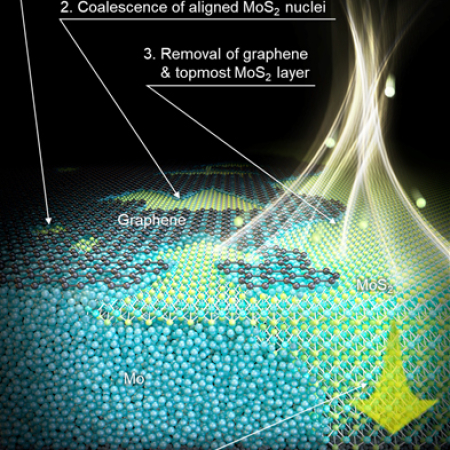
Professor Gwan-Hyoung Lee's Research Team at Seoul National University Develops a New Synthesis Technology of Single Crystal 2D Semiconductors, “Hypotaxy”, to Enhance the Commercialization of Next-Generation 2D Semiconductors
Professor Gwan-Hyoung Lee
A joint research team, including Professor Gwan Hyoung Lee from the Department of Materials Science and Engineering, has announced the world's first development of a novel technology named 'Hypotaxy,' capable of directly growing wafer-scale, single-crystal two-dimensional (2D) semiconductors on diverse substrates.
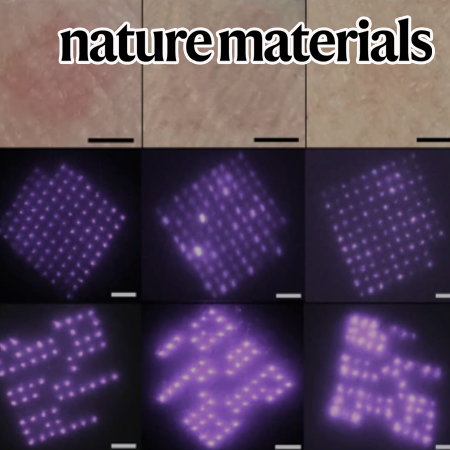
On-patient medical record and mRNA therapeutics using intradermal microneedles
Prof. Jooli Han
Professor Jooli Han’s team from the College of Medicine has developed a new system that uses mRNA vaccine microneedles with quantum dots to store medical information directly on a patient’s skin during vaccination.
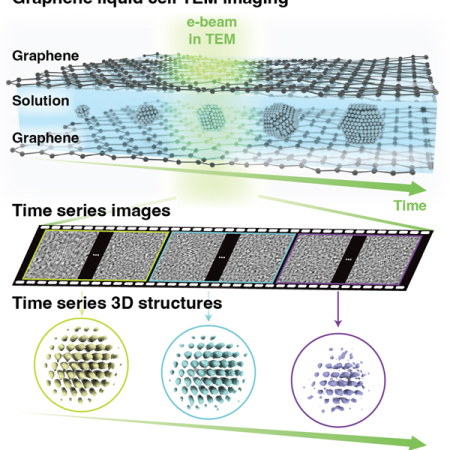
Professor Jungwon Park's Research Team at Seoul National University Develops World’s First Technology to Observe Atomic Structural Changes of Nanoparticles in 3D
Professor Jungwon Park
A research team led by Professor Jung Won Park from the Department of Chemical and Biological Engineering has developed a new technology to observe the atomic structural changes of nanoparticles in three dimensions.
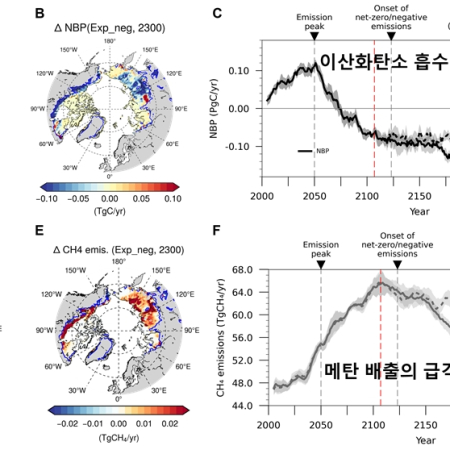
Permafrost Continues to Emit Carbon After delayed Net-Zero... A ‘Red Flag’ for Climate Mitigation
Prof. Jong-Seong Kug
Professor Jong-seong Kug’s research team from School of Earth and Environmental Sciences at SNU revealed that the permafrost ecosystem carbon loss may continue under net-zero and negative emissions, which could hinder climate change mitigation efforts.
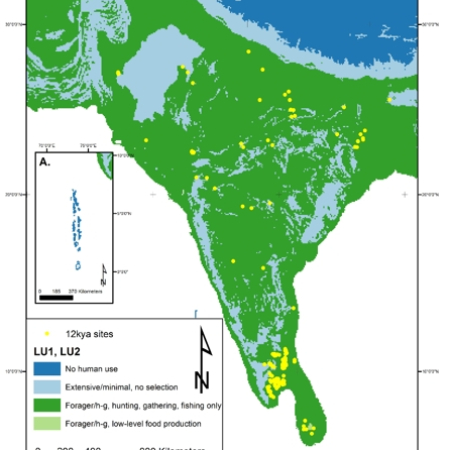
Early to Mid-Holocene Land Use Transitions in South Asia: a new archaeological synthesis of potential human impacts
Prof. Jennifer Bates
We are currently facing a global climate crisis of unparalleled scope and scale. The human role in this is clear – we are a key factor in the changes on our planet. In recent years climate scientists have been terming this new era the Anthropocene, to denote the human (‘anthropos’) driver of change.
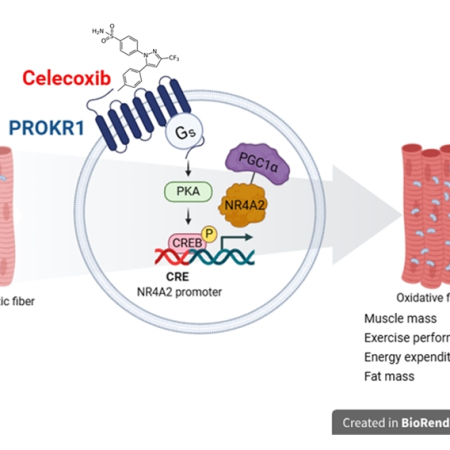
Celecoxib Enhances Oxidative Muscle Fibre Formation and Improves Muscle Functions Through Prokr1 Activation in Mice
Prof. Joonghoon Park
Professor Joonghoon Park's research team identified celecoxib as a small-molecule PROKR1 agonist that enhances muscle mass and strength. Mice imprinted with celecoxib maintained increased oxidative muscle fibers and improved metabolism even on a high-fat diet. This study is the first to discover a selective PROKR1 small-molecule agonist, providing a new drug scaffold for sarcopenia and obesity treatment and laying the foundation for drug development.
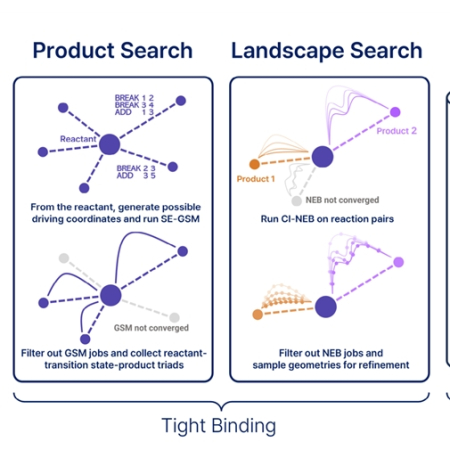
Automated and Efficient Sampling of Chemical Reaction Space
Prof. Juyong Lee
Machine learning interatomic potentials (MLIPs) promise quantum-level accuracy at classical force field speeds, but their performance hinges on the quality and diversity of training data.
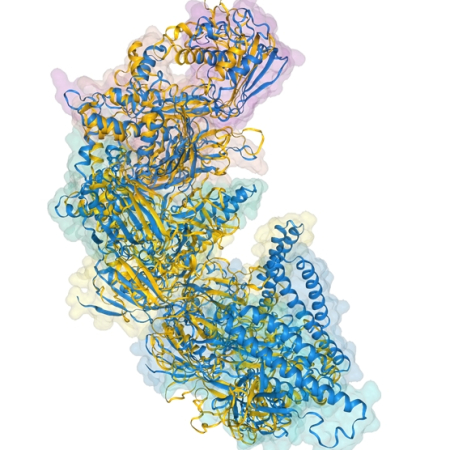
Rapid and Sensitive Protein Complex Alignment with Foldseek-Multimer
Prof. Martin Steinegger
Professor Martin Steinegger’s research team from the Department of Biological Sciences at Seoul National University and Professor Emmanuel D. Levy’s research team from the Department of Molecular Biology and Cellular Biology at University of Geneva have successfully developed a rapid and sensitive protein complex structural aligner, enabling the comparison of billions of complex pairs within just 11 hours.

